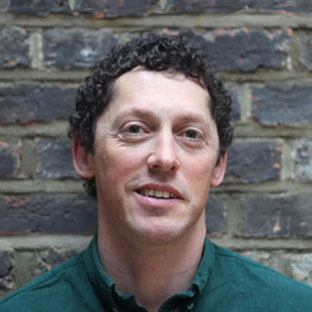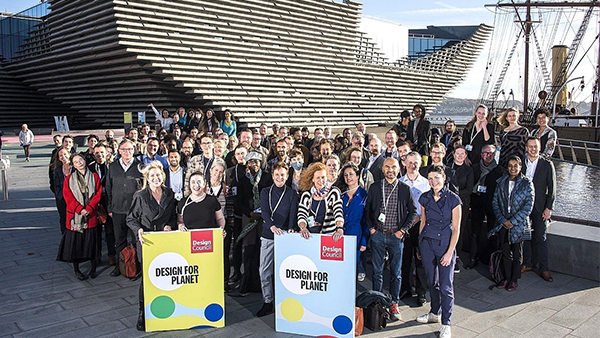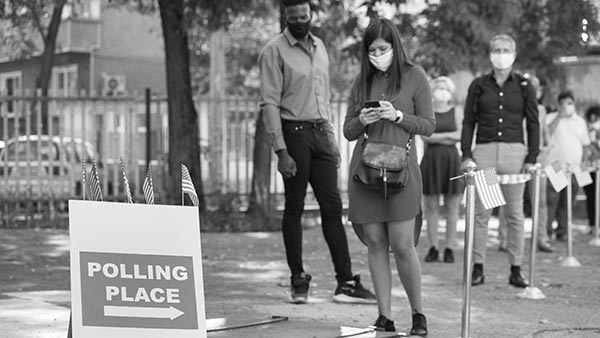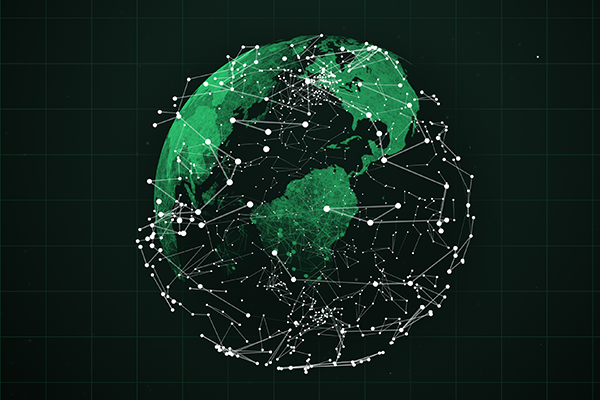My first gig as interim director of RSA Global has been to participate in a civic roundtable on the future of Europe. Led with care and creativity by Hakan Altinay from the European School of Politics in Istanbul, with active support from Stiftung Mercator, the event brought together forty civic leaders, researchers and activists from most of the 47 Council of Europe nations.
Although the Brexit issue of course reared its head occasionally, another decision in June – on whether to allow visa-free travel for 80 million Turkish citizens – carried as much import, and another country’s attitude to Europe – Russia’s – was seen as potentially far more destabilising. In these Europhile circles, Britain is seen as a contumacious older cousin, whose historical and current rationale for its ambivalence was not nonsense, but was a nuisance. Regardless of the Brexit decision, it’s only a decision about leaving the European Union. The UK’s relationship with other European institutions, such as The Council of Europe, will continue (although our ability to influence the shape of these institutions would undoubtedly be weakened by a Brexit).
After input from various experts on European governance, teleology and economy, we were given the task of writing a short ‘statement of intent’, including recommendations, to present to the Council of Europe’s Secretary General in June. The three tenets of the Council of Europe - democracy, human rights and rule of law - remain both crucial and ever-vulnerable, but the Council itself has faced criticisms of its credibility when dealing with various recent crises.
The task was divided into four. The first group to explore Europe’s past, present and future to consider a ‘philosophical redesign’. Second, to develop some proposals for the changes in governance. The final two groups focussed on two wicked issues to which the Council needs a practical response. The first issue, on migration and refugees, is a crucial stress test – if Europe can’t begin to provide a more unified and effective response, aligned to its values, then what’s its point? The second, on inequality and growth, demands a reassertion of the principles of subsidiarity. If, say, Sweden, or even a region of Sweden, wants to plan a zero-growth sustainable economic model, or if Croatia wants to go for massive growth without remotely minding the gaps of growing inequalities, is it any of Europe’s business, providing that rules are adhered to and contributions are forthcoming? This question is clearly more complex in the Eurozone, which carries a different set of interdependencies.
My participation in the first group was aided enormously by my recent reading (recommended by RSA trustee Peter Fell) of Peter Frankopan’s The Silk Roads: A New History of the World. Included in his artful exposition for why “understanding the Silk Road and its connections provides an essential corrective to established narratives of the past, and more” is the salutary reminder that “Europe was irrelevant to global history until around 1500 AD…. For hundreds of years, little of note was produced. Europe was a cultural and intellectual backwater, a stagnation that perplexed Arabic writers.”
Since then, Europe must be seen as a 500 year success story, despite the obvious collateral damage within and beyond Europe during this period. It was a success fuelled by enlightenment principles, even though those principles were often abused. Entering the 21st century, the economic stagnation in Europe seems a manifestation of a broader stagnation in European values. Did they ever exist, anyway? Are they still relevant, and can, in a complex globalising world, they ever really be lived, let alone spread?
I found myself returning to the RSA’s pamphlet and animation on 21st Century Enlightenment (the reason I joined the RSA four years ago). The animation does far more justice than any summary I can give. But my interpretation is that 21st century enlightenment is a new vision of human progress which goes with the grain of everything we now know about how humans really behave, institutions and societies really operate, and change really happens. 21st Century Enlightenment rebalances self-aware autonomy with individualism; humanism with technological and scientific advances; and ethical reasoning with rationality. It is, of course, both normative and explanatory. For people and society to flourish, we need to widen and deepen our existing ideas of freedom, progress and fairness.
Europe could never take a monopoly stake in the reinvention of enlightenment principles. Despite some of the Kantian-plus hype, it didn’t do this in the original enlightenment, and all redesigns – whether philosophical or practical – now have the benefit of taking place in a much more globally connected landscape. Perhaps the next big ‘European project’ is about collectively managing our decline in global relevance, relishing the fairness of the fact that we can no longer punch above our weight.
However, in terms of providing recommendations to the Council of Europe (and we are taking a ‘change or die’ approach), framing this around a 21st Century Enlightenment provides a canvas on which to rethink its core purposes and processes. One early insight was that we need to reassert the values of reflectiveness, doubt and scepticism as core to the European ideal of how progress happens. In short, we need to reclaim scepticism from the Eurosceptics.
The development of a European take on 21st Century enlightenment could also provide the foundations for a new, flourishing and questioning relationship with Islam – one that goes beyond the picking or choosing of the aspects of Islam that neatly dovetail with liberal sensibilities and orthodoxies, and transcends the instrumental attempt to create a ‘European Islam’ or ‘Islam for Europe’.
Regardless of whether Leave or Remain prevails on 23rd June, civil society organisations such as the RSA need to spot and nurture ways in which we can be ‘better together’ in Europe. As we plot a new portfolio of international partnerships that can maximise our impact beyond the UK’s borders, we’d love to hear from Fellows and organisations who can help make our presence meaningful across Europe.
Follow Joe on twitter @joehallg
Related articles
-
A design revolution for the climate emergency
Joanna Choukeir
Joanna Choukeir on Design for Planet, the global gathering of designers during COP26, and the changes design must make.
-
US elections: the whole world is watching
Adanna Shallowe
The Caribbean’s experience shows how American policy affects us all.
-
The broader purpose of the environmental movement
Hila Chenzbraun Philipa Duthie
How can environmental movements tackle the climate crisis and social and racial injustice?




Join the discussion
Comments
Please login to post a comment or reply
Don't have an account? Click here to register.
People are starting to no longer be impressed by money, and are looking for better reasons to live our lives. European leaders are dinosaurs pushing an outdated agenda based on 'economy'. They should be addressing plans which involve quality of life, not quantity of stuff.
Hi, Alice
The quality of life (I'm sorry to disillusion you), highly depends on economy, and it will probably stay this way for a long time. Though, economic factors are not the only ones which impact the quality of life, disregarding their importance would be very naive, utopian. Being "impressed" by money is a personal choice, which is not a prerequisite for being highly dependent on it.
Nice piece Joe, thank you. When it comes to the state of Europe, I believe in Janis Varoufakis claims about the causes of EU disintegration. Can we change the current socio-political state? Of course, yes! There were far worse times in human history where small groups of people, or individuals transformed the world (for better or for worse). All we need are good, honest and charismatic leaders. And I know that what I'm saying may also sound naive, especially when we look at the US or other countries (Poland ;), with the massive leadership crisis. One can ask what are the reasons for this? Aren't there any "decent men"/women left? Or if they are somewhere, why do the incompetent want to lead (win elections), are so self-assured, while the apt ones are 'afraid (?), and hiding away?
Quality of life not quantity of stuff
Very nice Alice 👍 :-)
Hi Joe - I very much like the idea of reclaiming scepticism, reinstalling doubt. I think that protecting territory where questioning is welcome and doubt is safe is very much what civil society organisations like the RSA need to be about. I am reminded of a poem by a non-european - e.e.cummimgs - and hope he would not have minded an adaptation of the middle stanza to suit your 21st century theme:
may our minds stroll about hungry
and fearless and thirsty and supple
and even if it's sunday may we be wrong
for whenever men and women are right they are not young
Best,
J